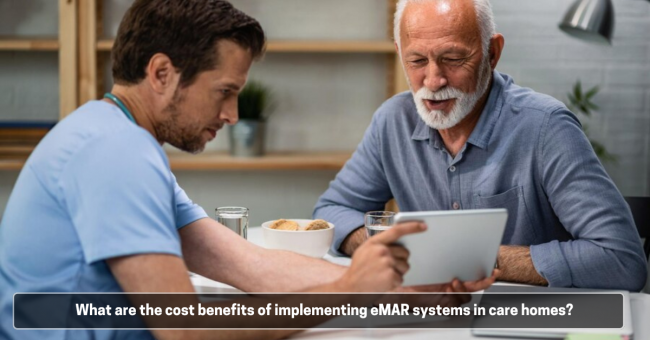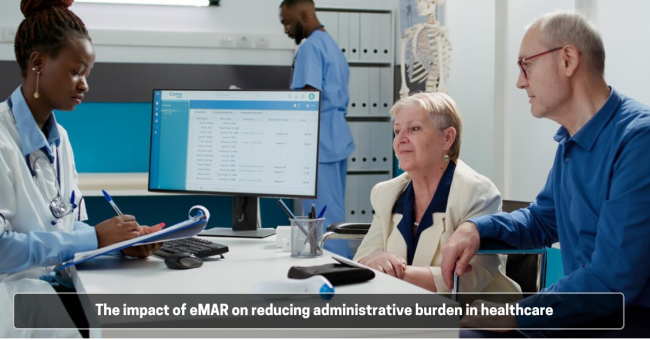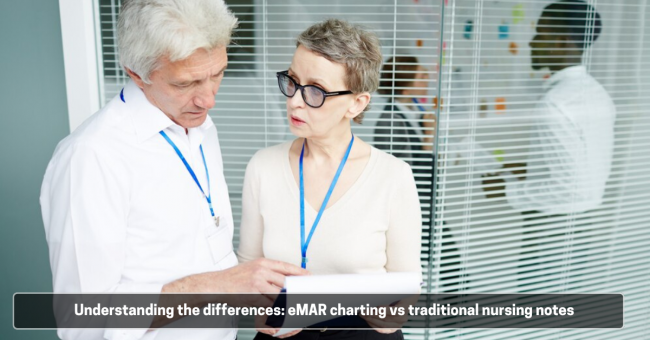What are the best practices for maintaining and supporting eMAR systems?
Electronic medication administration record (eMAR) systems improve medication safety, streamline workflows, and reduce errors in healthcare settings. Effective implementation and maintenance are essential for maximising these benefits. Below are some of the best practices for maintaining and supporting eMAR systems: Comprehensive training programmes A well-structured eMAR chart training programme ensures staff can use the eMAR…




